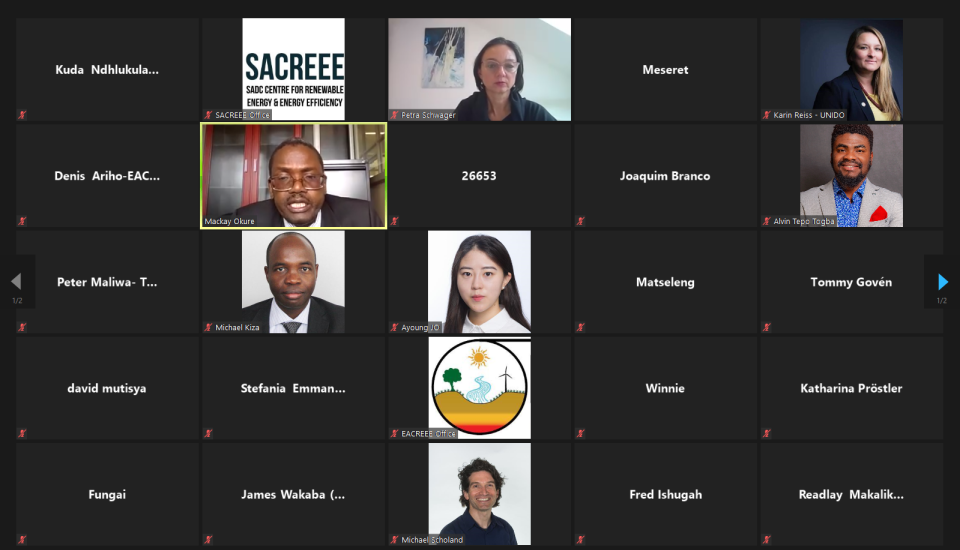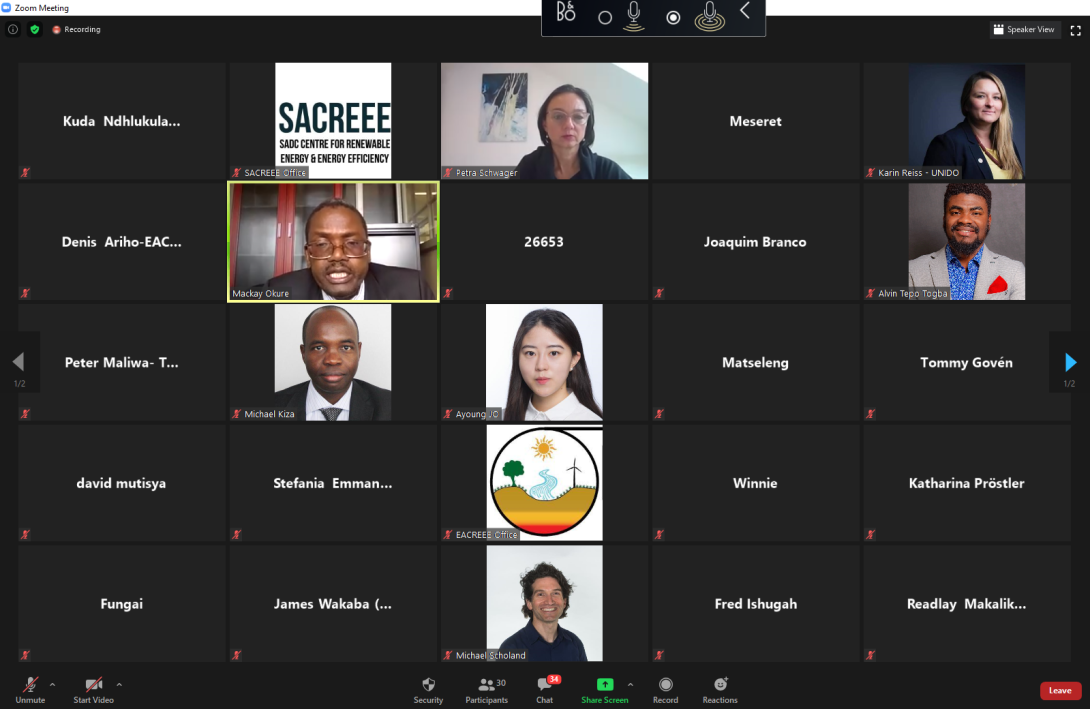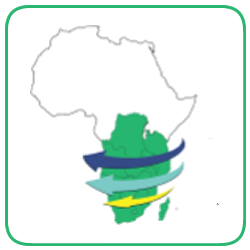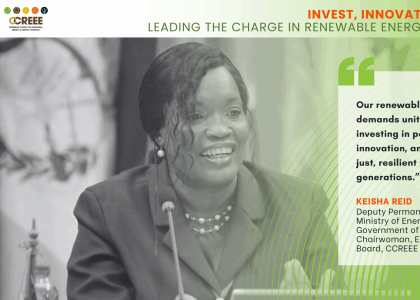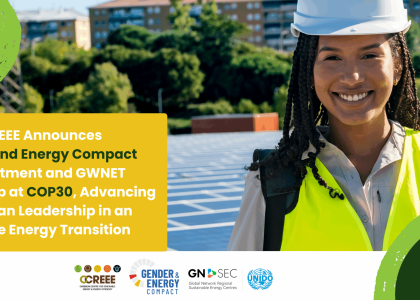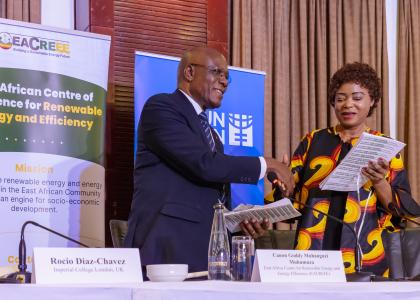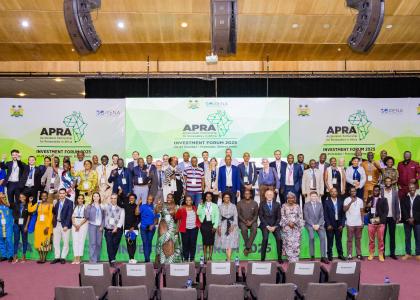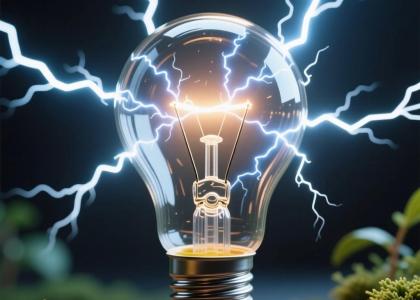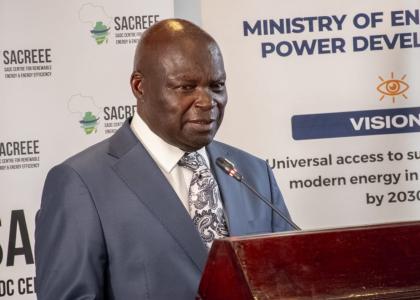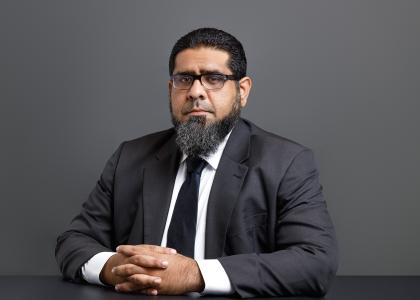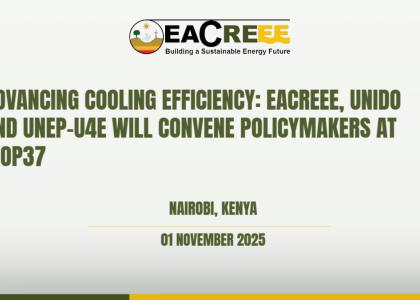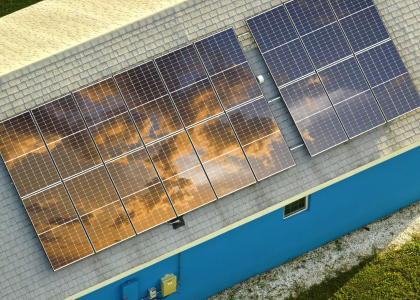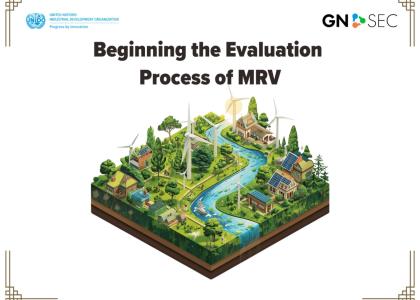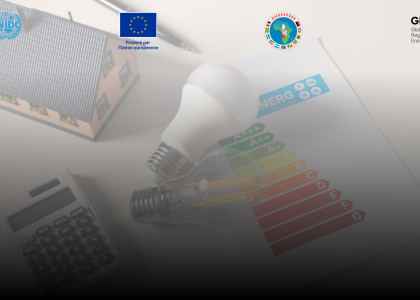Women, men, girls, and boys are equally important for the transformation of the EELA market in East and Southern Africa. Moreover, women are the main users of household products, and they are also strongly affected by low-quality and inefficient products, which can, for example, impact their health. However, studies show that over 68% of the people who purchase the appliances are men, women are rarely involved in deciding on the appliances to be purchased [Energia 2020]. Furthermore, the energy sector is dominated by men who are involved as policy makers, entrepreneurs, energy professionals and students at tertiary institutions training energy related studies.
A webinar which took place on 11th November 2020 online via zoom focused on putting a gender lens on the EELA from policy, capacity building and business perspective. The webinar explored the opportunities for women's empowerment in the EELA market of East and Southern Africa and elaborated on the business case for gender within the market.
The EELA project which is being implemented by the United Nations Industrial Development Organisation (UNIDO) in collaboration with the SADC Centre for Renewable Energy and Energy Efficiency (SACREEE) and the East African Centre of Excellence for Renewable Energy and Efficiency (EACREEE) targets to provide equal opportunities for both women and men to lead, participate and benefit from EELA project activities. It has set itself a target of ensuring that at least 40% of whichever gender is underrepresented is incorporated in all its activities.
“There is a well-known quote that says, “A bird cannot fly with one wing.” Therefore, the EELA project, strongly believes that the transformation of the EELA market will not be successfully achieved without the participation of women.” Stated Asteria Markus”.
Ms. Makena Ireri, Manager CLASP and Efficiency for Access Coalition highlighted that women’s empowerment is linked to provision, acquisition and use of appliances that are saving time and reducing drudgery since heavy work and time poverty are two major aspects of gender inequality. She also pointed to the need to enhance income generation and improved livelihoods since poverty is intricately connected to gender inequality. A recommendation was made that policy makers and development partners should commission research in areas where there are evidence gaps to inform policy and programme design and ensure gender issues are considered in the energy sector.
Ms. Sabera Khan, Country Coordinator for Private Financing Advisory Network (PFAN) in Zambia presented the entrepreneurship opportunities in EELA focusing on the role of women as actors of change and also highlighted some gender imbalances and biases that PFAN is addressing in the commercial environment in terms of access to investments. She defined gender-lens investing as “Incorporating a gender analysis into financial analysis in order to get to better outcomes”. She said the gender-lens investing is categorized into two broad categories: investing with a specific focus on women; and mainstreaming gender in investment decisions.
In the panel discussion on the opportunities for women’s economic empowerment and the business case in the EELA market of East and Southern Africa, Mr. Edouard Ndayisaba, Chief Executive Officer, DGridenergy Rwanda Ltd highlighted that women are not vastly active in the supply chain for the EELA. He stated that this is partly a result of traditional culture and limited access to finance that could facilitate their participation. He emphasised that men have an important role to encourage women participation in the EELA value chain by involving women in projects execution and assisting them to access capital. He further specified the need for awareness raising on the opportunities and capacity building for women including the young ones (boys and girls) to ensure that everyone is fully engaged.
From the government perspective, Mathapelo Keke Silase, the EELA focal point from the Ministry of Energy in Lesotho stressed on the need for a policy shift so that the governments can advocate and empower women in terms of financing and technical expertise. She also shared the lessons from Lesotho whereby the government is offering guarantees for private sector led initiatives where women participation in economic activities is being enhanced.
Ms. Meseret Teklemariam Zemedkun from United Nations Environment Programme introduced the African Women Energy Entrepreneurship Framework, as a vehicle and platform that enables African women to play a pivotal role as change agents and decision makers in the sustainable energy sector. It ensures gender responsive policies that empower women in the energy sector, helps to develop the women capacity and skills to be able to play a pivotal role in the energy sector as well as to access finance and markets. She indicated that 70% of people experiencing energy poverty were women and urged stakeholders to address energy poverty for women in order to empower them economically. She emphasised that there should be research-based evidence on gender and EELA to inform policy.
For more details including webinar recording and presentations please click here.

